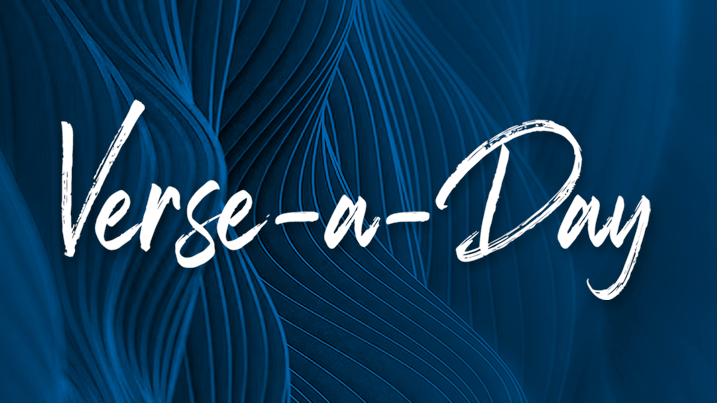Worship in the dark – 2 June 2020


By Xanthe Hancox
Itekisi yeBhayibhile
IINDUMISO 88
You might have noticed over the past weeks that most psalms end on a high note of hope; Psalm 88 is a different. The final words aren’t what we’d expect. The psalms are full of laments, oftentimes raw and intense, but they at least end hopeful. Psalm 88, though, begins in pain and ends in pain.
Why is this psalm here? How did it make it into the Bible? The Psalms are meant to guide the church in worship, after all. They comprise, as German theologian Dietrich Bonhoeffer says, the Bible’s prayer book. They’re a model for how God’s people talk to God. And sometimes, we have to come to God in the dark.
Psalm 88 shows us how to pray when we’re hurting and broken. Bonhoeffer found it amazing that in the Psalms we have both the Word of God and the prayers and songs of human beings.
We can come to God like this. Hurting and broken, no matter what, we can still come. We can still come because — and we must remember — God isn’t afraid of the dark.
If you’re not hurting, it can feel awkward or even intrusive to pray something so personal. Bonhoeffer went on to write that “if a verse or a psalm is not one’s own prayer, it is nevertheless the prayer of another member of the fellowship.” Offering up petitions of sad lament, praises of glad adoration, pleas for justice can help us to put ourselves in the shoes of our brothers and sisters in Christ.
Prayer: Jesus, you are the light of the world who steps into our darkness. Help us to trust in you, even in our darkest times, holding to your promise that you will never let us go. Amen

